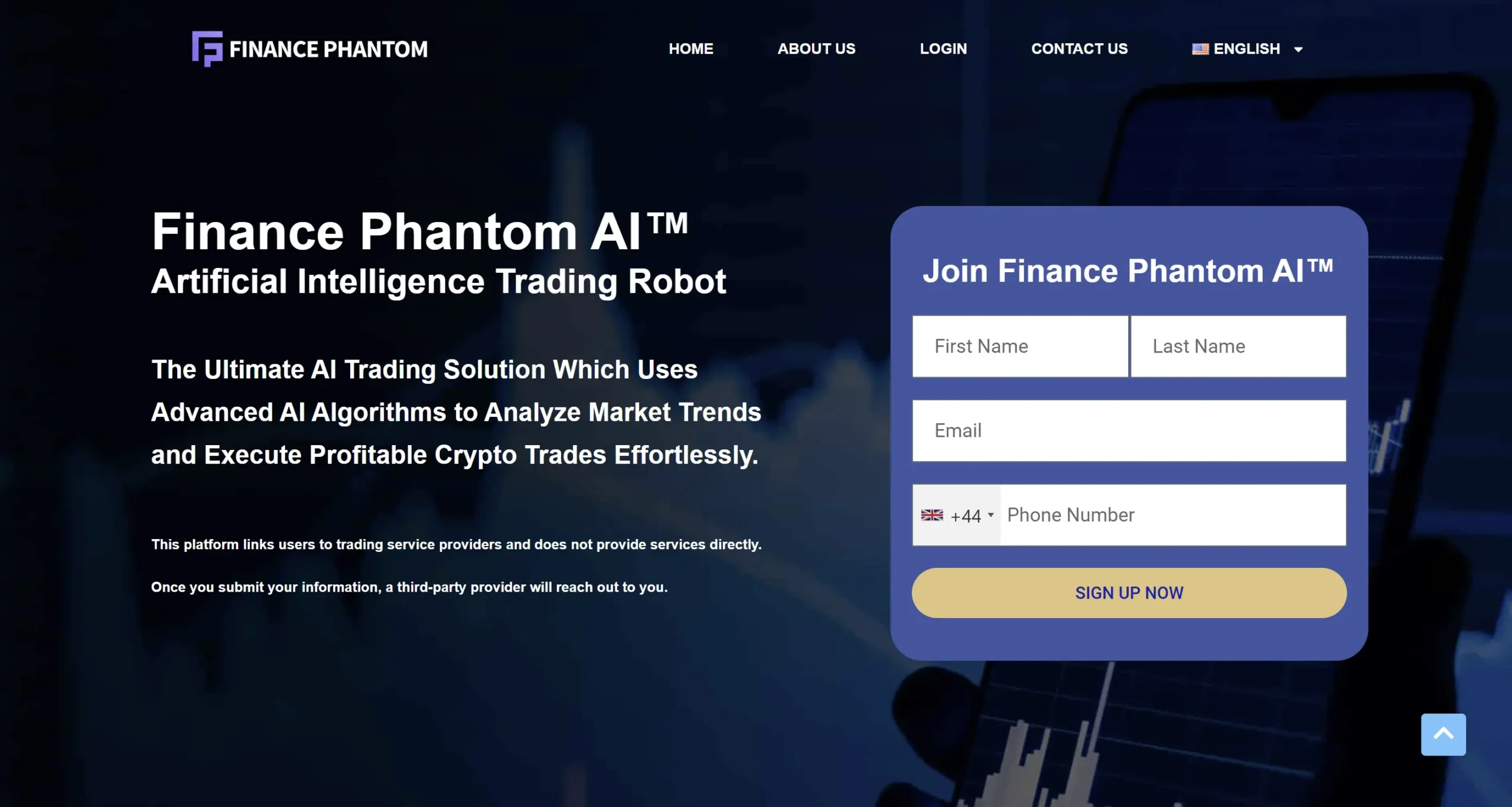Why Streamlined Scheduling Matters
Streamlined appointment scheduling is crucial in the automotive industry. It significantly impacts customer satisfaction and operational efficiency. An effective scheduling system minimizes waiting times, reduces unnecessary delays, and ensures that services are completed promptly. By using efficient auto repair software, businesses can automate and streamline the scheduling process, making it more user-friendly and effective.
The importance of scheduling goes beyond just operational efficiency. It affects customer satisfaction and retention. According to industry research, customers are more likely to return to a service provider if their initial experience with booking and service is smooth and hassle-free. Furthermore, efficient scheduling helps in better resource management, ensuring that technicians are neither overburdened nor underutilized. This balance not only optimizes workforce productivity but also reduces operational costs.
Common Challenges in Appointment Scheduling
Despite the benefits, many automotive businesses face challenges in scheduling. Issues such as overbookings, customer no-shows, and miscommunications can disrupt operations. According to industry research, these challenges can lead to significant revenue losses and decreased customer satisfaction. Overbookings can cause long wait times, frustrating customers and potentially driving them to seek services elsewhere. On the other hand, customer no-shows result in lost revenue opportunities and idle time for technicians.
Miscommunications, such as incorrect appointment details or service durations, further complicate scheduling. These issues can cascade into larger problems, such as missed deadlines and poor service quality. A comprehensive strategy combining technology, communication, and process optimization is needed to address these issues.
Best Practices for Efficient Scheduling
- Automated Reminders:Utilize automated text and email reminders to reduce no-shows. These reminders should be sent at strategic intervals before the appointment, ensuring that customers have ample time to reschedule if necessary.
- Online Booking:Offer online booking options to make the process convenient for customers. Online platforms should be user-friendly, allowing customers to easily view available slots and book appointments. This lessens the workload for staff members in terms of administration while also increasing client satisfaction.
- Centralized Scheduling System:Implement a centralized system to manage all appointments and avoid overbooking. A centralized system ensures that all departments and staff are on the same page, reducing the risk of double bookings and scheduling conflicts.
In addition to these practices, regular staff training sessions on best scheduling practices can help maintain efficiency. Continuous improvement and feedback mechanisms should be in place to adapt to changing customer needs and preferences.
Utilizing Technology Tools
Technology plays a pivotal role in modernizing appointment scheduling. Various tools are available that offer features like real-time booking, customer management, and analytics. These tools help manage appointments more efficiently and provide a better customer experience. For instance, cloud-based scheduling software allows both customers and staff to access and update appointments from any device with internet connectivity, offering greater flexibility and transparency.
Moreover, advanced scheduling tools come with built-in analytics that provide insights into booking patterns, peak times, and customer preferences. These insights can inform decision-making and help in optimizing resource allocation. By leveraging technology, businesses can also offer personalized booking experiences, such as recommending services based on past appointments or offering special discounts for loyal customers.
Case Studies and Academic Research
Several case studies and academic papers underscore the importance of streamlined scheduling. For instance, a study published in the Journal of Car Service Efficiency highlights how businesses that adopted sophisticated scheduling tools saw a 20% increase in customer satisfaction. The study noted that efficient scheduling tools not only reduced wait times but also improved overall service quality by ensuring that technicians were well-prepared for each appointment.
Another case study focusing on a mid-sized automotive industry service provider revealed that implementing a robust scheduling system led to a 15% increase in revenue within six months. The company was able to handle more appointments without overburdening staff, leading to higher customer retention and increased referrals. These examples illustrate the tangible benefits of adopting advanced scheduling practices in the automotive industry.
Addressing Customer Needs
Customer needs should be at the forefront of any scheduling strategy. Personalizing communication, offering flexible booking options, and ensuring follow-ups are essential in maintaining customer trust and loyalty. Understanding and catering to customer preferences can go a long way in enhancing their overall experience. For example, some customers may prefer weekend appointments, while others might find early morning slots more convenient. Offering a range of options can accommodate diverse preferences and improve customer satisfaction.
Additionally, follow-up communications post-service can help gather feedback and identify areas for improvement. Personalized messages thanking customers for their visit and asking for reviews can enhance the customer relationship. It’s also crucial to promptly address any concerns or issues raised during follow-ups, reinforcing the business’s commitment to excellent service.
Also Read > Cavazaque: History and Evolution of Kawasaki
Future Trends in Appointment Scheduling
Looking ahead, AI and machine learning will further revolutionize appointment scheduling in the automotive industry. Predictive analytics can help businesses anticipate busy times and optimize resource allocation, enhancing both customer experience and operational efficiency. The future of scheduling lies in leveraging these advanced technologies to create an intuitive and seamless booking process.
For example, AI-driven scheduling systems can analyze historical data to predict peak times and suggest optimal appointment slots, minimizing wait times and maximizing technician efficiency. Machine learning algorithms can also identify patterns in customer behavior, offering personalized recommendations and promotions. As these technologies continue to evolve, businesses that adopt them early will have a competitive edge in delivering superior customer experiences.




